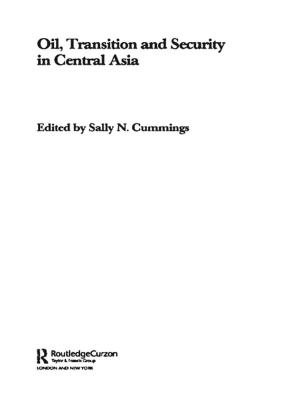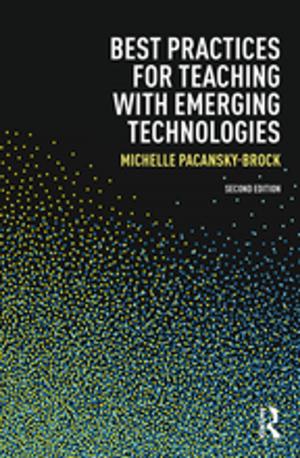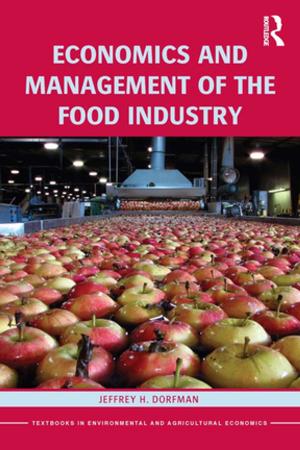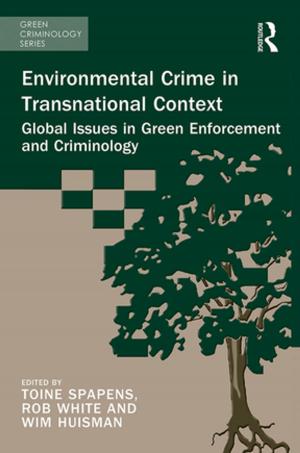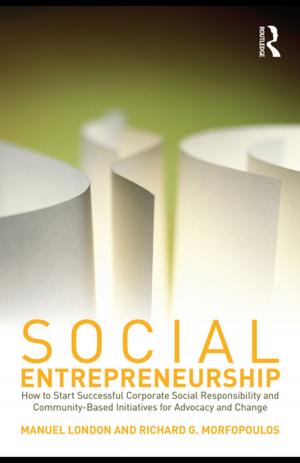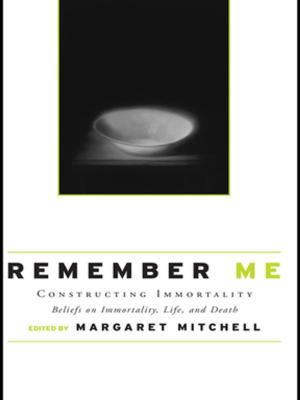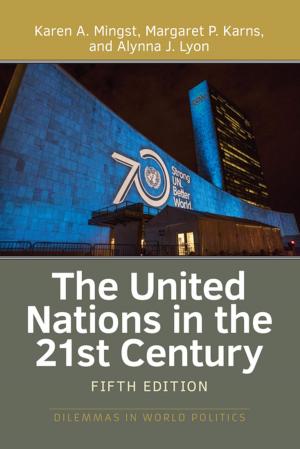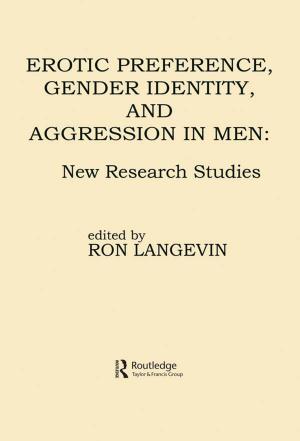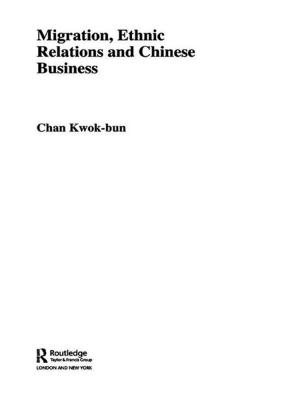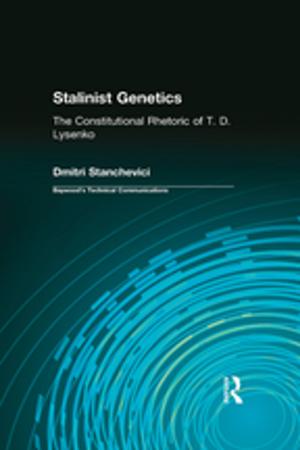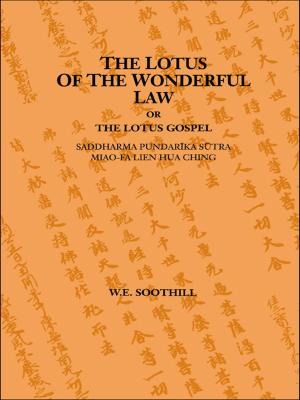Religion and Ecological Crisis
The “Lynn White Thesis” at Fifty
Nonfiction, Religion & Spirituality, Theology, Ethics, Philosophy| Author: | ISBN: | 9781317242758 | |
| Publisher: | Taylor and Francis | Publication: | July 1, 2016 |
| Imprint: | Routledge | Language: | English |
| Author: | |
| ISBN: | 9781317242758 |
| Publisher: | Taylor and Francis |
| Publication: | July 1, 2016 |
| Imprint: | Routledge |
| Language: | English |
In 1967, Lynn White, Jr.’s seminal article The Historical Roots of Our Ecologic Crisis was published, essentially establishing the academic study of religion and nature. White argues that religions—particularly Western Christianity—are a major cause of worldwide ecological crises. He then asserts that if we are to halt, let alone revert, anthropogenic damages to the environment, we need to radically transform religious cosmologies. White’s hugely influential thesis has been cited thousands of times in a variety of disciplines, including but not limited to religious studies, environmental ethics, history, ecological science, philosophy, psychology, and anthropology.
In practical terms, the ecological crisis to which White was responding has only worsened in the decades since the article was published. This collection of original essays by leading scholars in a variety of interdisciplinary settings, including religion and nature, environmental ethics, animal studies, ecofeminism, restoration ecology, and ecotheology, considers the impact of White’s arguments, offering constructive criticism as well as reflections on the ongoing, ever-changing scholarly debate about the way religion and culture contribute to both environmental crises and to their possible solutions. Religion and Ecological Crisis addresses a wide range of topics related to White’s thesis, including its significance for environmental ethics and philosophy, the response from conservative Christians and evangelicals, its importance for Asian religious traditions, ecofeminist interpretations of the article, and which perspectives might have, ultimately, been left out of his analysis. This book is a timely reflection on the legacy and continuing challenge of White’s influential article.
In 1967, Lynn White, Jr.’s seminal article The Historical Roots of Our Ecologic Crisis was published, essentially establishing the academic study of religion and nature. White argues that religions—particularly Western Christianity—are a major cause of worldwide ecological crises. He then asserts that if we are to halt, let alone revert, anthropogenic damages to the environment, we need to radically transform religious cosmologies. White’s hugely influential thesis has been cited thousands of times in a variety of disciplines, including but not limited to religious studies, environmental ethics, history, ecological science, philosophy, psychology, and anthropology.
In practical terms, the ecological crisis to which White was responding has only worsened in the decades since the article was published. This collection of original essays by leading scholars in a variety of interdisciplinary settings, including religion and nature, environmental ethics, animal studies, ecofeminism, restoration ecology, and ecotheology, considers the impact of White’s arguments, offering constructive criticism as well as reflections on the ongoing, ever-changing scholarly debate about the way religion and culture contribute to both environmental crises and to their possible solutions. Religion and Ecological Crisis addresses a wide range of topics related to White’s thesis, including its significance for environmental ethics and philosophy, the response from conservative Christians and evangelicals, its importance for Asian religious traditions, ecofeminist interpretations of the article, and which perspectives might have, ultimately, been left out of his analysis. This book is a timely reflection on the legacy and continuing challenge of White’s influential article.


